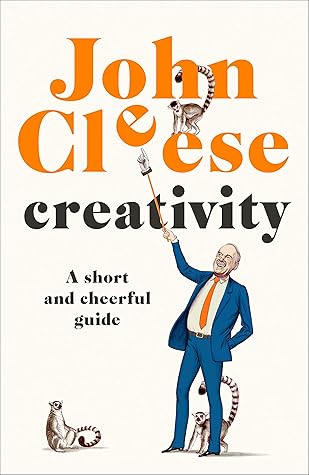More on this book
Community
Kindle Notes & Highlights
we had written a parody of a Church of England sermon. (At that time Graham and I were both obsessed with all the humour we could derive from the Bible: so much so that when people came into my room and saw an Authorised
Version on my desk, they would say, “Oh! You’ve been writing sketches again.”)
For him, the unconscious was like a dustbin into which you put all those nasty thoughts and feelings that you are frightened or ashamed of. You try to keep the lid on it until you are no longer strong enough, and then you have a nervous breakdown.
you can’t possibly know if you are going down a wrong avenue until you’ve gone down it.
if you have an idea, you must follow your line of thought to the end to see whether it’s likely to be useful or not.
when he was working on a particular scene he’d write down the key idea behind it on a piece of paper, and then stick the note right in front of his nose on the computer. If he realised his mind had wandered too far, he would glance at the note and that would bring him back to what he was trying to achieve.
the blockages weren’t an interruption in the process, they were part of it. For example, when you eat, the bit where the fork returns empty to your plate isn’t a failure. It’s just part of the eating process.
Just begin to make a few notes, knowing they don’t have to be any good, and you will throw them away soon. Apart from anything else, this will help you to calm down, because if you have zero expectations at the start, you can hardly fail. And you’re already priming your unconscious…


